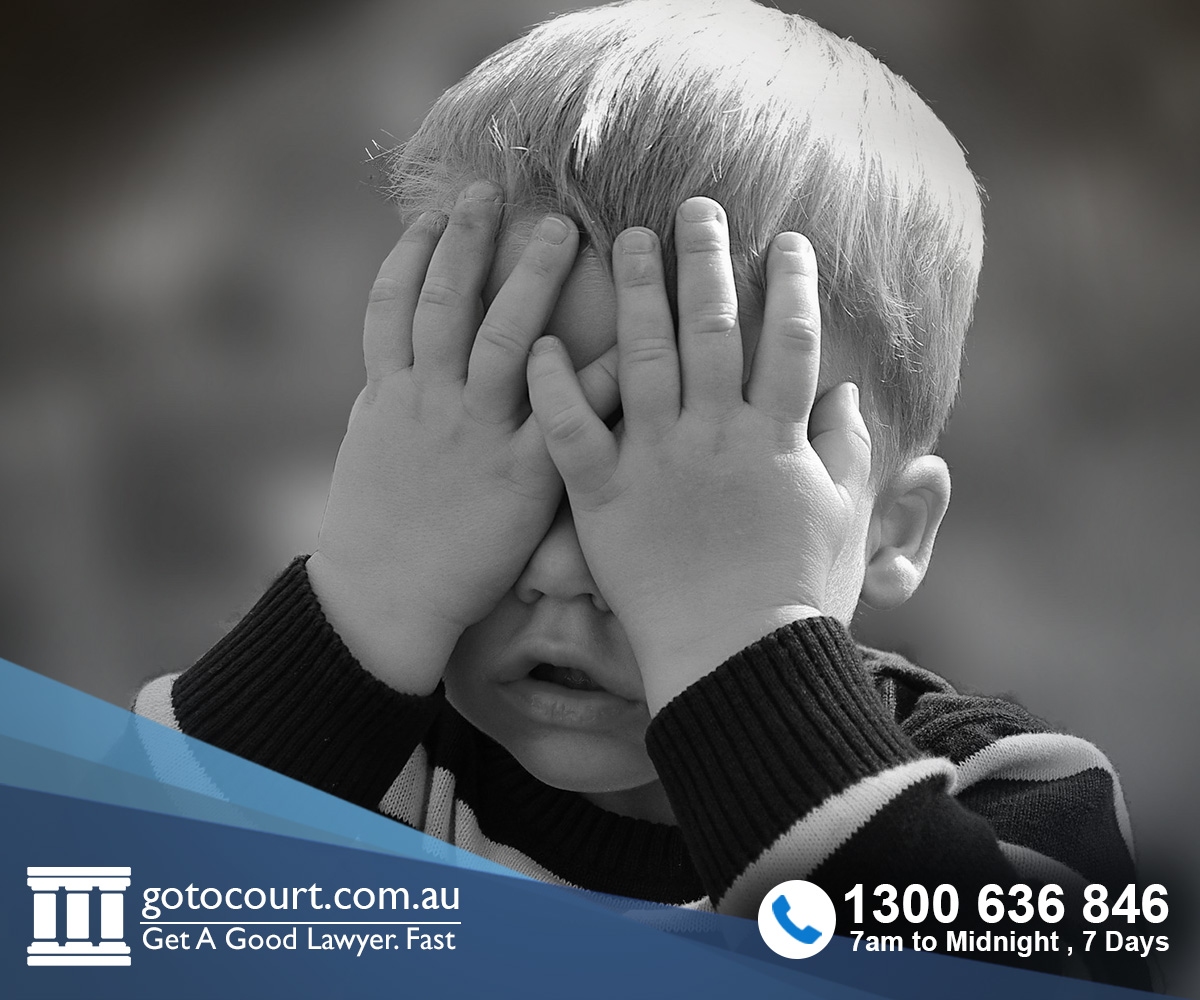Stealing Offences in Victoria
‘Stealing’ as defined by VIC law refers to offences under Division 2 of Part 1 of the Crimes Act 1958. They range in seriousness from minor shoplifting, to obtaining property by deception, to the most serious offences of armed robbery and armed burglary. Stealing offences are indictable offences, which mean they can be dealt with as serious offences with a judge and jury in the higher courts. However stealing offences are often heard summarily in the Magistrates Court; where the value of the theft was over $100,000, they are heard in the higher courts as more serious offences.
Theft
It is not theft if the person takes the property believing he or she has a legal right to that property (however a moral belief is not enough), if they honestly believed the owner would not have minded the taking of the property had they known about it, or if they believed that the owners could not be found. It is not a defence simply to say that you intended to pay for the property.
What is not theft?
Robbery means to steal, but in doing so to also use force, or make or seek to make the victim believe that force would be used to commit the theft. Armed robbery occurs where the person also used a firearm or explosive (or imitation firearm or imitation explosive) or an offensive weapon. Offensive weapons are things that can be used, or are threatened to be used, to injure or incapacitate someone. For example a knuckle duster is obviously used to injure, but a cricket bat used menacingly or a kitchen knife could also be an offensive weapon. The maximum penalty for robbery and handling stolen goods is 15 years’ imprisonment
Robbery
Any defence that applies to theft in general will also apply to robbery.
Burglary means to enter a building (or part of a building) as a trespasser (ie. without permission) with the intention to steal something, or to commit assault or property damage. Aggravated burglary happens when someone commits burglary with a firearm or explosive (or imitation firearm or imitation explosive) or an offensive weapon; the definition of this is the same as for armed robbery. Aggravated burglary also occurs if there is a person present in the building (or part of the building) and the person committing the burglary knew a person was there or was reckless as to whether there was a person present.
Burglary
Burglary can still be committed if the person has some authority to enter the building- this authority can only be for a limited time, manner or place. If the person has unlimited authority to enter a building it may not be able to be considered burglary but theft. The maximum penalty for aggravated robbery or aggravated burglary is 25 years’ imprisonment
Obtaining property by deception means to obtain property belonging to someone else dishonestly and deceitfully and intending to permanently deprive that person from that property. An example would be eating at a restaurant and leaving without paying. Property can include money or other goods. To act deceitfully means to say or do something which is believed by the victim in order to take the money or goods. To act dishonestly means to act untruthfully and without believing you had any right to the property.
Obtaining property by deception
Handling stolen goods means to receive goods the person knows or believes are stolen and does so dishonestly. An example would be buying a stolen television down at the pub. “Dishonestly” means the same thing as it does in obtaining property by deception above. You can also handle stolen goods even if you don’t have the goods with you- it is enough that someone has the goods and you can obtain them on request. You can also commit an offence if you assist someone else to handle the goods.
Handling stolen goods
Theft means to obtain property which doesn’t belong to you and which you don’t intend to give back to its owner. It is not theft if you intended to give the property back to the owner. Theft can include shoplifting (stealing from a shop) and joyriding (taking someone else’s car to drive around in). the maximum penalty for theft and obtaining property by deception is 10 years’ imprisonment.





